The terrorism effected province Khyber Pakhtunkhwa is also targeted with polio virus that made the region unsafe for children. There in the province every new borne baby is at the risk of polio virus but the danger of the deadly disease is increasing day by day, due to the refusals of polio vaccinations to their children.
Recently according to the report of a renowned newspaper, two new cases of polio virus have emerged from Khyber Pakhtunkhwa, raising the total number of affected children in Pakistan this year to 52 as the country continues to witness a rise in paralysing disease despite eradication efforts
The health authorities confirmed the latest diagnoses, saying that the new cases were reported from KP’s Tehsil Darazinda in District Dera Ismail Khan. The two children affected by the disease are an 18-month-old boy and a three-year-old girl.
As per the latest stats, KP has so far reported 13 polio cases, while Balochistan remains the most affected region, with 24 cases.
Video Player is loading. In Sindh, 13 cases have been documented, while Punjab and Islamabad have each reported one case of polio this year.
Pakistan is one of the last two countries in the world where the wild poliovirus continues to spread. This persistence is largely attributed to obstacles such as insecurity, misinformation, and community reluctance, which hinder vaccination efforts.
Health authorities continue to stress the importance of vaccination campaigns to curb the spread of this preventable disease, which remains a significant public health challenge in the country.
The highly contagious viral disease predominantly affects children under five, particularly those with weak immunity or inadequate vaccination coverage.
The virus attacks the nervous system, potentially leading to paralysis or even death. While no cure exists for polio, vaccination remains the most reliable defense against this debilitating disease, according to health experts
It should be remembered that Pakistan is fighting against polio virus since 1974, but the official eradication efforts began in 1994. The Pakistan Polio Eradication Programme has been working to end the poliovirus in the country but could not succeeded yet because of the unfriendly environment of the country. It’s very big dilemma that terrorism not only brings instability and poverty in the country but also brought an environment to refused everything that have any link with western countries, even though it relates with the united nations or any donor that is helping in polio eradication campaign, because there is a conception amongst the common illiterate people that like the war on terror the west also brought polio vaccine to weaken the immune system and it is also effecting the Harmon system that brings Sexual maturity in minors before time. All these rumors and prejudices are spread by the so called molvies who even don’t know about the Shariat. As result of such rumors the common peoples are often refusing the polio eradication drops to their minor children. According a report the officials said in Peshawar, the provincial capital, was home to most of the people showing hesitancy against polio vaccination in the province as 23,998 children stayed unvaccinated.
Of them, 15,764 children were unavailable, while 8,234 weren’t vaccinated due to parental refusal. Another hand the staff suffering by attack on the polio eradication teams, according the above report during 2024 there more than 300 people, including health workers and police officers guarding polio teams, had suffered injuries in attacks.
The officials said initially, the people defied vaccination for religious reasons or over rumors of a plot of the West to sterilize Muslims, but now people linked the children’s immunization to the construction of roads, supply of water and electricity.
So as the EPI was a government Programme, therefor it was the responsibility of official machinery to ensure that all children are immunized and if that was done, the virus could be eliminated in a few campaigns.
The officials said after polio eradication, the government could allocate the funds previously used for it to prevent and control other childhood diseases but again it’s a public dilemma that needs more awareness amongst the masses to reject those so called religious leaders and molvies.


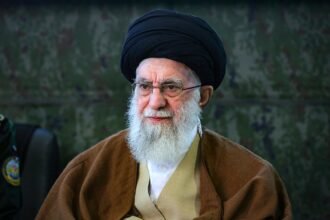
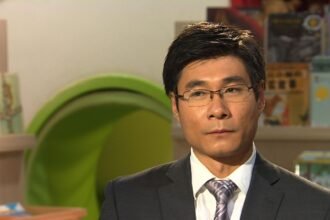

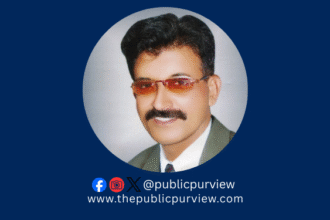
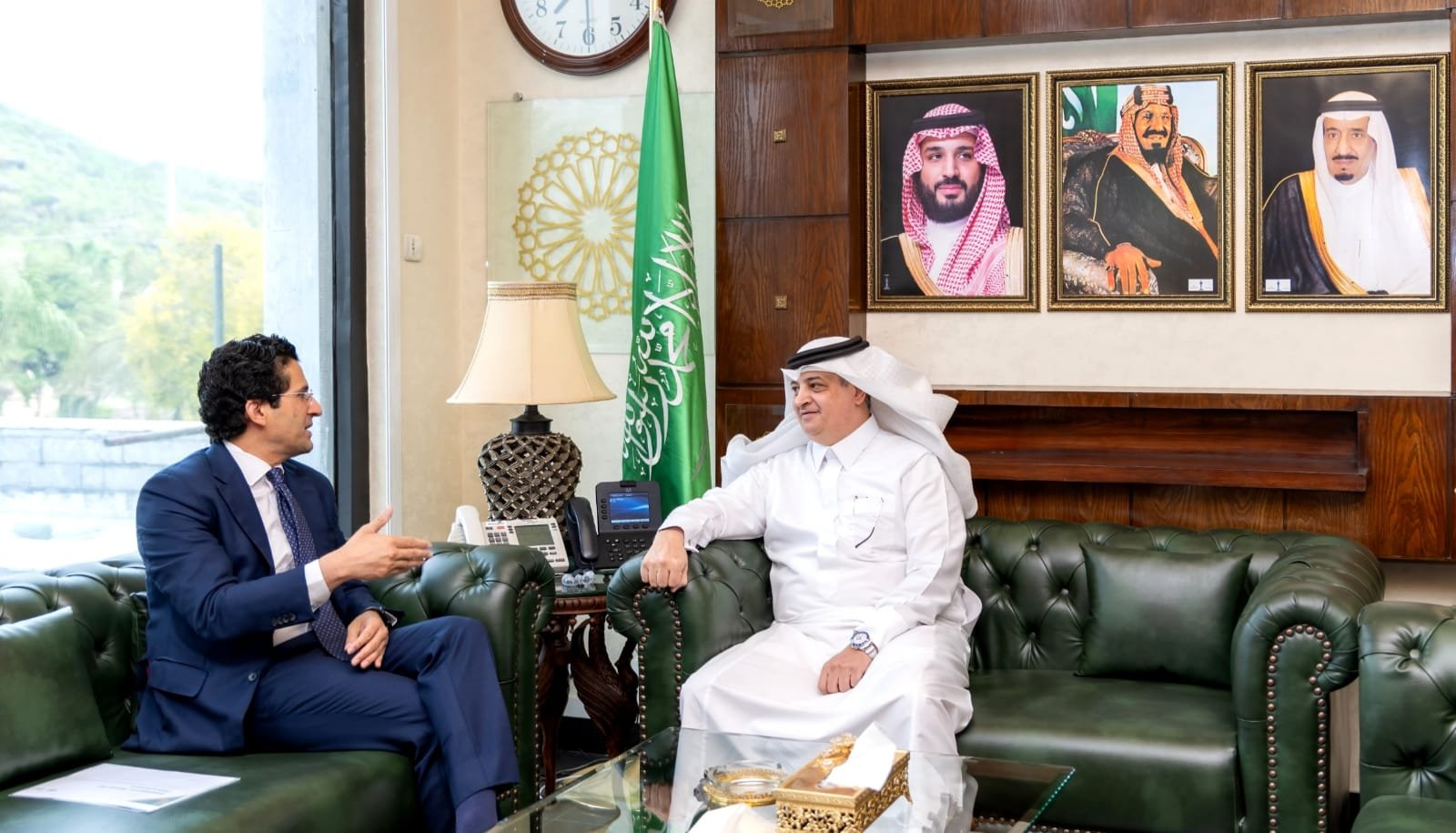
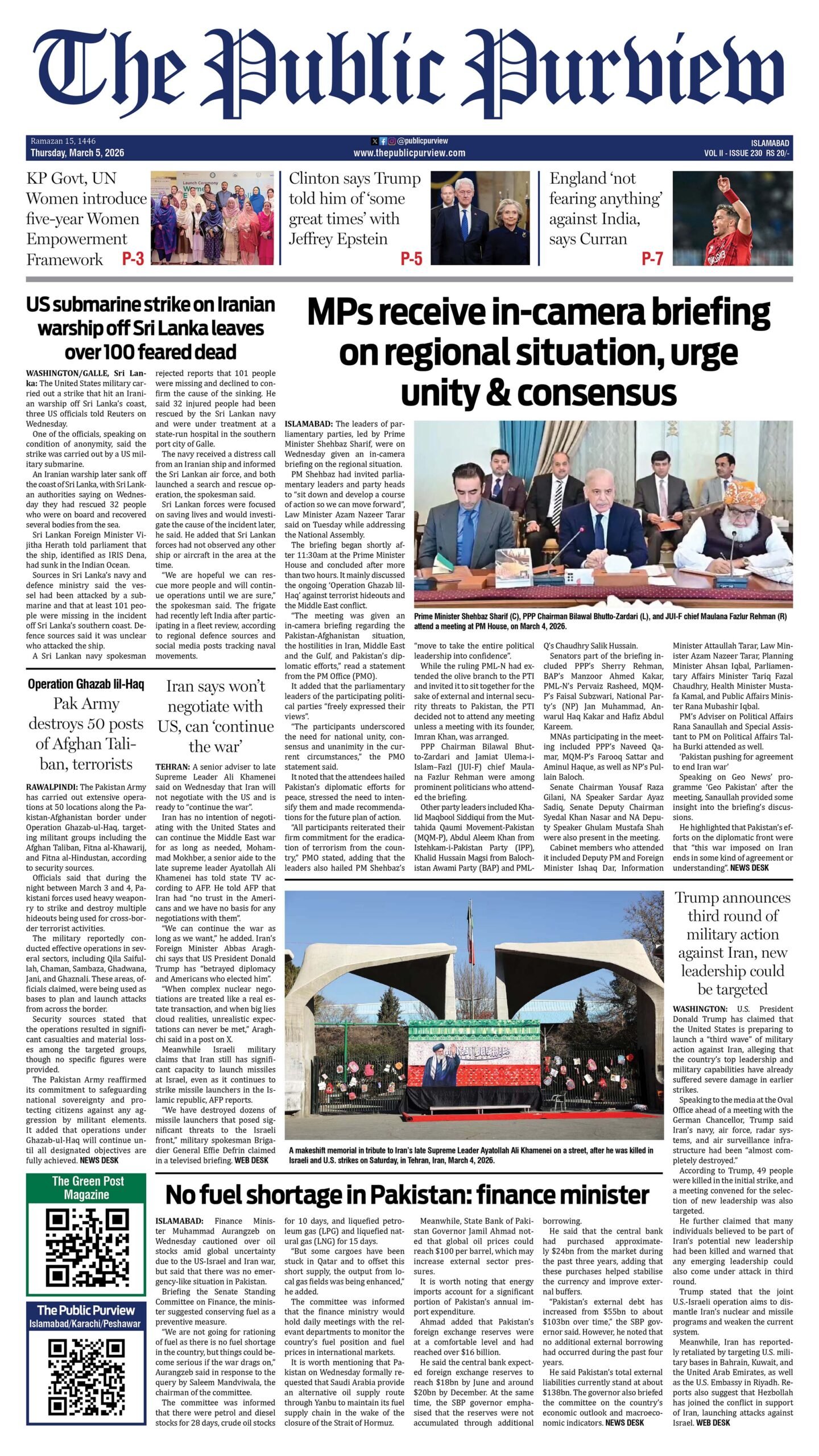 Today's E-Paper
Today's E-Paper